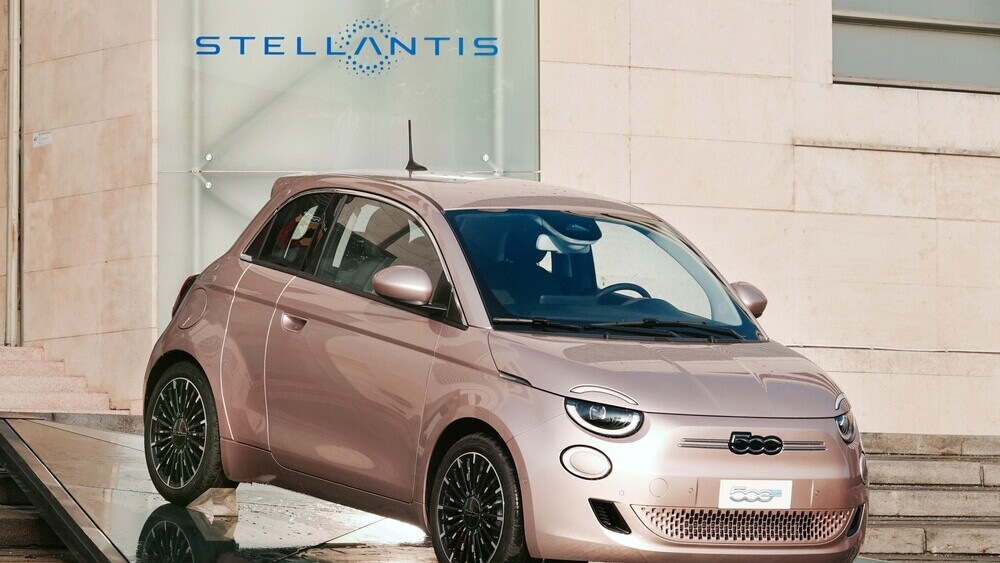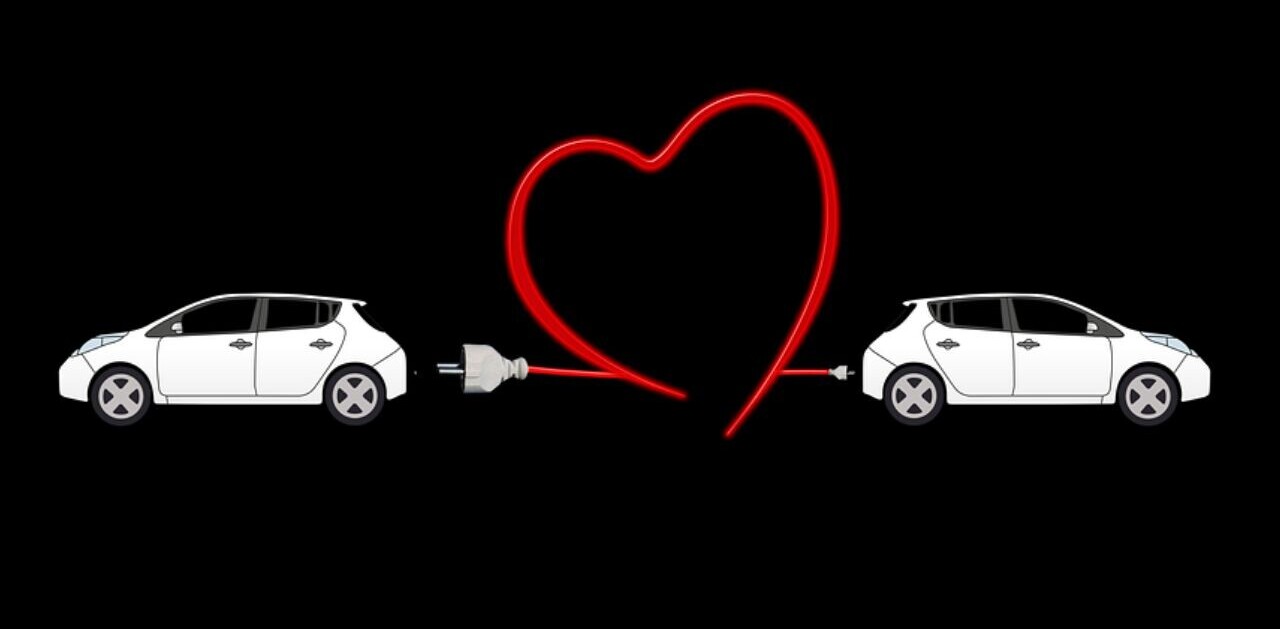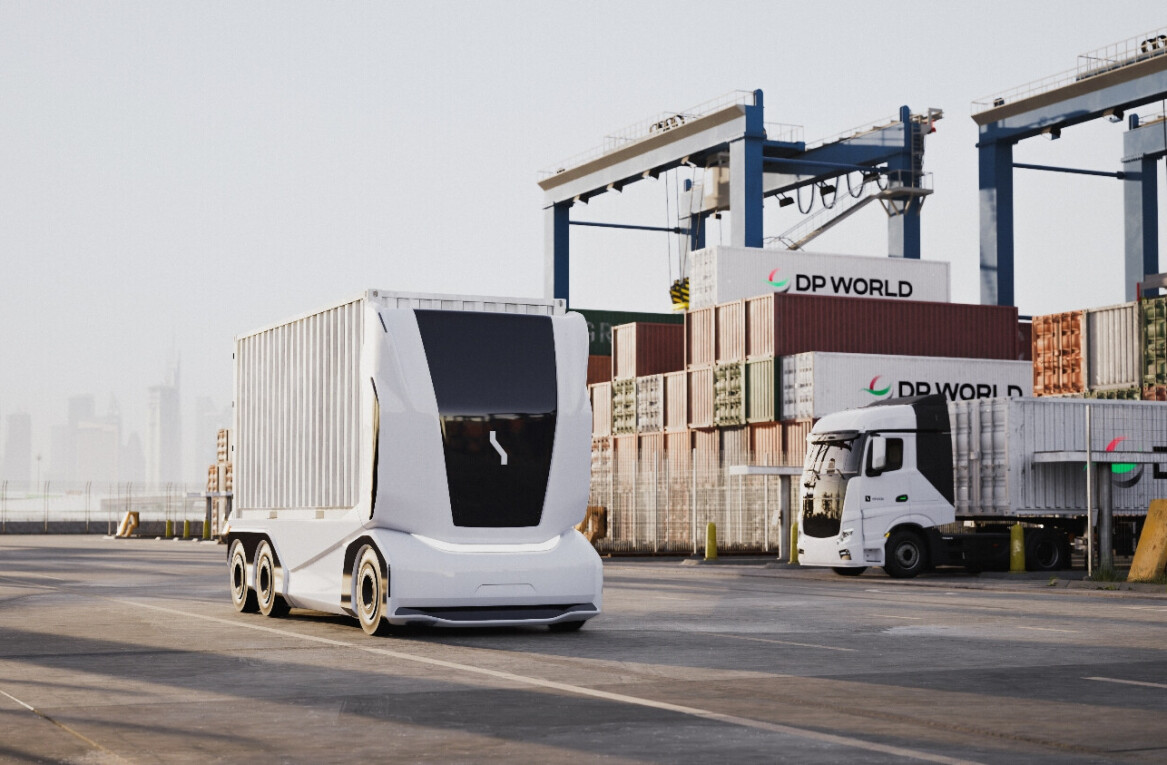
Today’s cars, especially EVs, rely on hundreds of different types of microchips to function. But supply chain shortages of semiconductors during the pandemic forced many automakers to cut down production of certain models, sounding a clear warning to the industry — securing a long-term supply of chips is a matter of business survival.
Stellantis, the world’s third largest automaker, has inked contracts worth €10bn through 2030 with leading semiconductor manufacturers like Infineon, NXP Semiconductors, onsemi, and Qualcomm. Furthermore, Stellantis is partnering with autonomous vehicle tech firm aiMotive and SiliconAuto, both subsidiaries of the automotive giant, to develop its own “differentiating semiconductors.”
“We have hundreds of very different semiconductors in our cars,” said Maxime Picat, chief purchasing and supply chain officer at Stellantis, which owns iconic car brands such as RAM, Jeep, Dodge, Chrysler, Fiat, and Alfa Romeo. “We have built a comprehensive ecosystem to mitigate the risk that one missing chip can stop our lines.”
Stellantis’ new supply agreements cover silicon carbide chips that extend the range of EVs, computing chips to operate EVs, and high-performance computing chips that will provide infotainment and autonomous driving assist functions.
The Amsterdam-headquartered automaker says the new strategy will help it achieve its goals outlined in its Dare Forward 2030 plan, which includes the goal for EVs to make up 100% of its sales in the EU by 2030.
Stellantis revealed its first of four dedicated EV platforms earlier this month, STLA Medium. The company already has one of Europe’s top-selling EVs: the Fiat 500e.
While the automaker, and others like it, have big plans for EVs, securing a long-term supply of semiconductors may not be so easy. China still controls much of the chip trade, and as tensions with the West escalate, Europe’s goal to boost its share of production to 20% by 2030 hangs in the balance.
Get the TNW newsletter
Get the most important tech news in your inbox each week.




